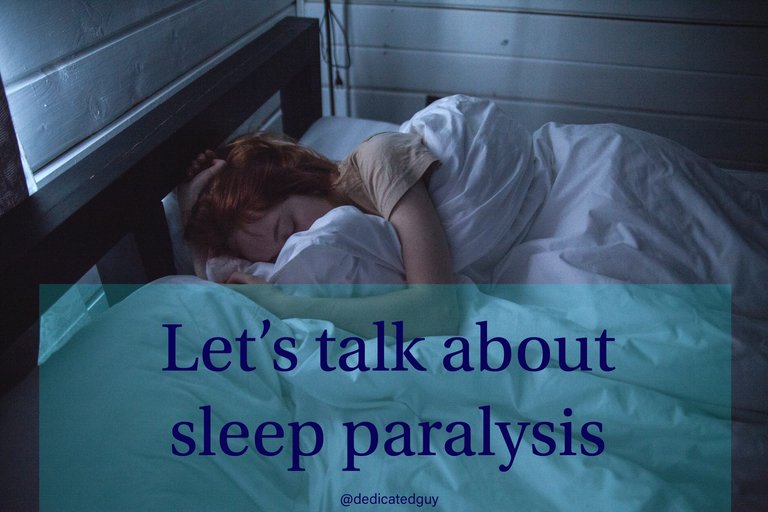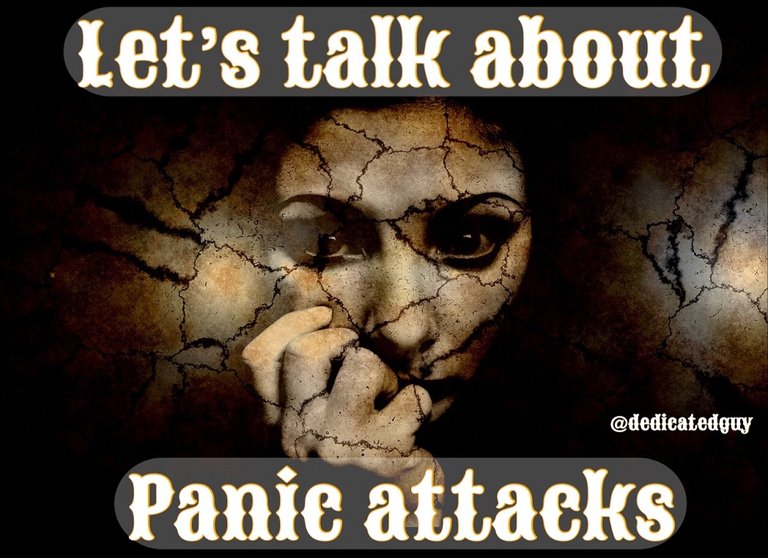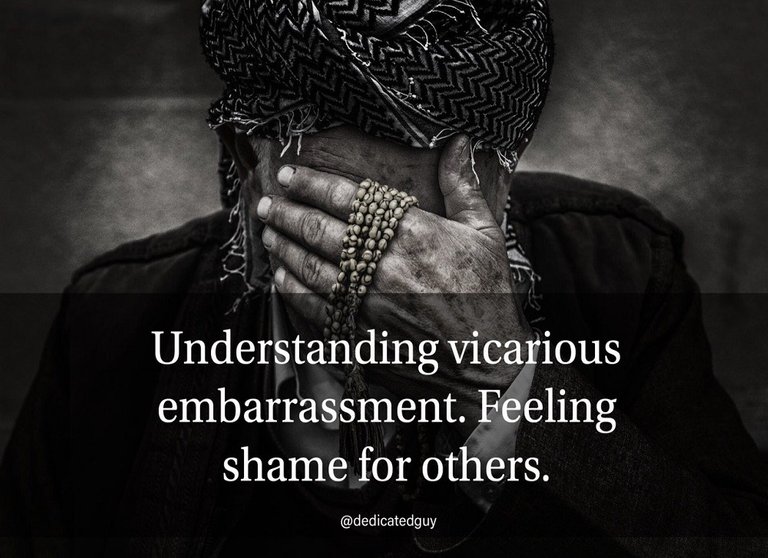

Introduction
Our sleep is usually the time of the day in which we enter a relaxed state and recharge our energy for the coming day. It is meant to be a peaceful moment with no disturbance whatsoever, this is why when someone is sleeping it is common courtesy to avoid making something that might interrupt his sleep, like loud noises or sudden movements.

Nevertheless, there are some people that might have their most distressing moment of the day, at a time when they should be sleeping. It is normal for everyone to have nightmares from time to time, and getting a little bit scared because of those terrifying dreams, but that is not what we are talking about today.
There is a circumstance that depending on how you look at it, can be even more terrifying than the worst nightmare we can imagine, because instead of causing us to feel vulnerable in our dreams, we feel vulnerable in the real world.

Understanding sleep paralysis
It is defined as:
Sleep paralysis is the inability to move or speak immediately after waking up. This can be an exceptionally scary time for those afflicted with this weird phenomenon, but despite former beliefs, the feeling of paralysis is not caused by supernatural beings. | Source
sleep paralysis is simply a sign that your body is not moving smoothly through the stages of sleep. Rarely is sleep paralysis linked to deep underlying psychiatric problems. | Source

Sleep paralysis is a sleep disorder in which even though the person is aware of what is happening around him because he is conscious, he cannot move his body and he cannot speak. Being in a situation like this one will clearly cause a lot of anguish and despair in anyone that goes through with it, lasting for just a few minutes until the person can start moving like normal, but feeling like trapped inside the body is an experience no one will like to have for obvious reasons.
As pretty much any other sleep disorder, it is associated with high levels of stress, anxiety and bad sleep habits, although it can also be a consequence of more serious physical or mental illnesses. Suffering from these 1 or 2 times is not something to be much worried, but if this problem is a recurrent one, the person should start to try to find an explanation because being paralyzed when waking up is not something that happens to a healthy person.
This happens as a result of a lack of coordination between some areas of the brain and part of the nervous system that is responsible for giving orders that trigger our moves. While we sleep, we go through different stages of sleep and at the stage where the dream occurs, called REM, is where the muscular atonia is activated, which means that must of our movements are neutralized during sleep. Once we continue to another phase of sleep or wake up, this state comes to an end, but sometimes it is possible that the person wakes up during the REM stage and the muscular atonia has not yet come to an end, which causes the person to find himself paralyzed, giving rise to that inability to move even though the person has regained consciousness.

In most people, a state of temporary paralysis is experienced as the brain signals the spinal cord to cease movement of the arms and legs. This lack of muscle activity is known as atonia, and it may be a protective mechanism to prevent injury that might be caused by acting out our dreams. | Source
The person who experiences sleep paralysis enters a state of consciousness between sleep and wakefulness and is not able to carry out physical actions, he can only perceive through his senses what is happening around him without being able to do anything except wait until his body is fully awake.

Some of the most common causes are the following:
- Lack of sleep
- Sleep schedule that changes
- Mental conditions such as stress or bipolar disorder
- Sleeping on the back
- Other sleep problems such as narcolepsy or nighttime leg cramps
- Use of certain medications, such as those for ADHD
- Substance abuse. | Source

According to those causes, we have then people that suddenly start to experience sleep paralysis mainly for finding themselves in a period of their lives full of stress and anxiety, but since these 2 issues are just temporal, the paralysis eventually disappears when the person gets out of the stressful situation he was forced to handle.
Even though this issue is very rare, it could happen that a family have some kind of genetic predisposition to experience it, affecting its members without being related to other types of problems.
Despite its different possible causes, these paralyses never lasts long, and depending on the person it can even last for just a few seconds, but since the person is not able to move, nor do any physical action or to ask for help, he might feel like it lasts longer. The paralysis obviously doesn’t affect unintentional movements like breathing or our heartbeat, otherwise this issue would be a life threatening condition, it just affects those muscles that we move voluntarily.
Some of the most important signs of sleep paralysis are:

- an inability to move the body when falling asleep or on waking, lasting for seconds or several minutes
- being consciously awake
- being unable to speak during the episode
- having hallucinations and sensations that cause fear
- feeling pressure on the chest
- having difficulty breathing
- feeling as if death is approaching. | Source
People that constantly experience this issue will start to feel a sense of unease when the time for sleeping is coming, caused by the fear of having to go through with this again, therefore, developing a related problem such as insomnia wouldn’t be surprising since remaining awake is a preferable option than eventually feeling paralyzed again, even if it is for just a few minutes. With time, if this problem continues the person will be exhausted throughout the day since he is not getting proper rest, and when people have a serious lack of sleep their overall health will to start to decrease.
Because of this, sleep paralysis is not something that just affects us when waking up, it can potentially become a problem capable of reducing the quality of life of any individual.

For people suffering from this issue it is important to start adopting certain techniques or activities that can better prepare them for a sleep with zero disturbances, it would depend on every individual how to approach this but in general, having a fixed time to go to bed and making sure to sleep at least 7 hours can be helpful in creating a suitable sleep environment that is calm, relaxed and without noise, even better if the person can include methods to relax himself just before going to bed.
Something similar can be said about using any of our modern devices with screens, because that light might make it more complicate for us to have a proper rest at night and when facing sleep disorders, it is always the best to play it safe and not do things that are well know for affecting our sleep.
For the people whose problem has triggered the development of insomnia, a natural way to deal with this requires a little bit of effort but can be of great help, and it is nothing more than making us feel tired by exercising as much as we can so the energy we might have is totally drained, forcing our body to recharge it.

Conclusion
Sleep paralysis is certainly a very awkward experience that can happen to anyone and can be more intense than we might think, especially for people that have never heard of it and has zero understanding about why move out of a sudden they can’t.

But there is actually nothing to fear, since there is no danger in sleep paralysis.
A matter of seconds in sleep paralysis is enough for the fearful mind to spiral illusions of being strangled or possessed. But, it is your fear that is the true menacing presence here. | Source
I have experienced sleep paralysis just once in my life and it was one of the weirdest sensations I can remember, I didn’t have any scary vision or anything like that, but I clearly remember being totally aware of my body, but with no chance of moving not even a finger. I think I was like that for 10 minutes but it might have been less, and curiously, I clearly remember that on those days I was very interested in sleep paralysis and night terrors, so perhaps I was somehow preconditioned by myself to experience something this. Luckily, that was the only time it happened, and even when I was “trapped” in that situation, I was confident that sooner or later I would have to wake up one way or another, but that doesn’t mean I didn’t get a little bit worried while being trapped.
Have you ever experienced sleep paralysis?
References
psychologytoday - sleep paralysis
psychcentral - sleep paralysis
psychologytoday - sleep paralysis
Images sources
All images are from pexels, pixabay and pxhere

If these titles sound interesting to you, I assure you the articles will be even better!


Let’s talk about panic attacks |

Today’s lesson: why some people might feel like everyone hates them? |

"Understanding vicarious embarrassment. Feeling shame for others." |

Well written @dedicatedguy I totally understand everything it's so clear plus I have learnt something new even though I have made a post on sleep generally before. Like I knew we get that temporary paralysis in order to ensure we don't get physical and act out our dreams but I didn't know it was called the muscle atonia. The post is just beautiful.
Hello @joeycrack, I appreciate your kind words, thanks!
Hello @dedicatedguy
I really thank God that I visited this blog today to learn about sleep paralysis. In the part of the world where I come from, most folks regard this as being caused by some evil spirits or spiders. I am going to show my family members this article for them to be better informed. Thanks man.
Regards
@eurogee of @euronation and @steemstem communities
Yeah mate, having those beliefs is very common.
I wonder how are they gonna react when reading this :P
I think I had heard of it before but till reading this I knew nothing about it thanks for this informative post
and No I have never suffered from it
I am happy you found this informative mate.
Cheers!
Hi @dedicatedguy!
Your post was upvoted by utopian.io in cooperation with steemstem - supporting knowledge, innovation and technological advancement on the Steem Blockchain.
Contribute to Open Source with utopian.io
Learn how to contribute on our website and join the new open source economy.
Want to chat? Join the Utopian Community on Discord https://discord.gg/h52nFrV
That's a big coincidence @sakura1012! Did you know what was happening while you were experiencing it?
I was like awake but cant move. I tried to lift a finger but I failed. I prayed so many times and did my very best to wake up since I know Im on sleep paralysis. Luckily, I was able to wake up. Thank God
Am not certain if I have experienced sleep paralysis before, but I don't think it's something I'd like to experience, irrespective of the fact that there is seemingly no danger attached to it.
I love the way you simplified the content of this article @dedicated guy, way back in school, I remember a good number of my colleagues were sleeping while this topic was thought.
Simplified content
Hey there @gidionline, I am glad you like it!
I sure did @dedicatedguy
I used to know a few people who had this, but the most amazing fact was that they knew what sleep paralyses is, and still they were utterly terrified.
They knew it is harmless and it was of no help.
I could never jump out of a bed instantaneously on an alarm, there is always like a few seconds of a complete numbness, but I never experience any panic episodes over it. Maybe these people experience a prolong waking cycle due to the nature of their brain functions. I don't think that the panic attack is part of it, that is in my belief completely subjective.
Anyway, great and interesting article with lots of info.
there are, although that is a bit different than sleep paralysis.
people get scared when experiencing sleep paralysis because not being able to move is not a pleasant sensation, and they might think something is wrong with them.
Thanks for stopping by @aschatria!
I must say am impressed with this writeup, I never knew there is any scientific explanation to sleep paralysis, for it is considered as spiritual attack in my culture.
Hello @elizabethh, yes that is quite common actually, but it does have an explanation after all.
Thanks for stopping by!
You are welcome.
I've experienced sleep paralysis enough times in my life to have written a short story inspired by it! It specifically references three episodes I had in college, during which a figure (I nicknamed DarkShadows) appeared. I've had other episodes over the years, but none with DS. Definitely scary, if short-lived, situations. Excellent write up, @dedicatedguy!
I haven't experience seeing figures since I had only 1 episode in my life, and I didn't see anything out of the ordinary.
But seeing a weird shadow and being unable to move sounds very unpleasant.
In your case it happened while having important tests in your college? Because perhaps the stress caused by tests might have been the cause.
Definitely was disconcerting, to say the least. And no, it was actually mid semester, but good suggestion.
A nice read @dedicatedguy.
I've experienced sleep paralysis during stressful periods of my life and I know how scary it can be. Thanks for the education regarding the causes.
I remember going through something called hypnopompic hallucinations. For a few weeks, I woke, from nightmares but the nightmare didn't go away for ten seconds or so and during that time I could not move my body. It was a terrifying experiance to say the least.
It certainly doesn't sound like a too good experience mate.
This is indeed an educative write up. I do experience sleep paralysis at times. I use to think it was something spiritual as most people do before I came to the realization of it being a normal phenomenon.
Have you ever felt scared when experiencing it?